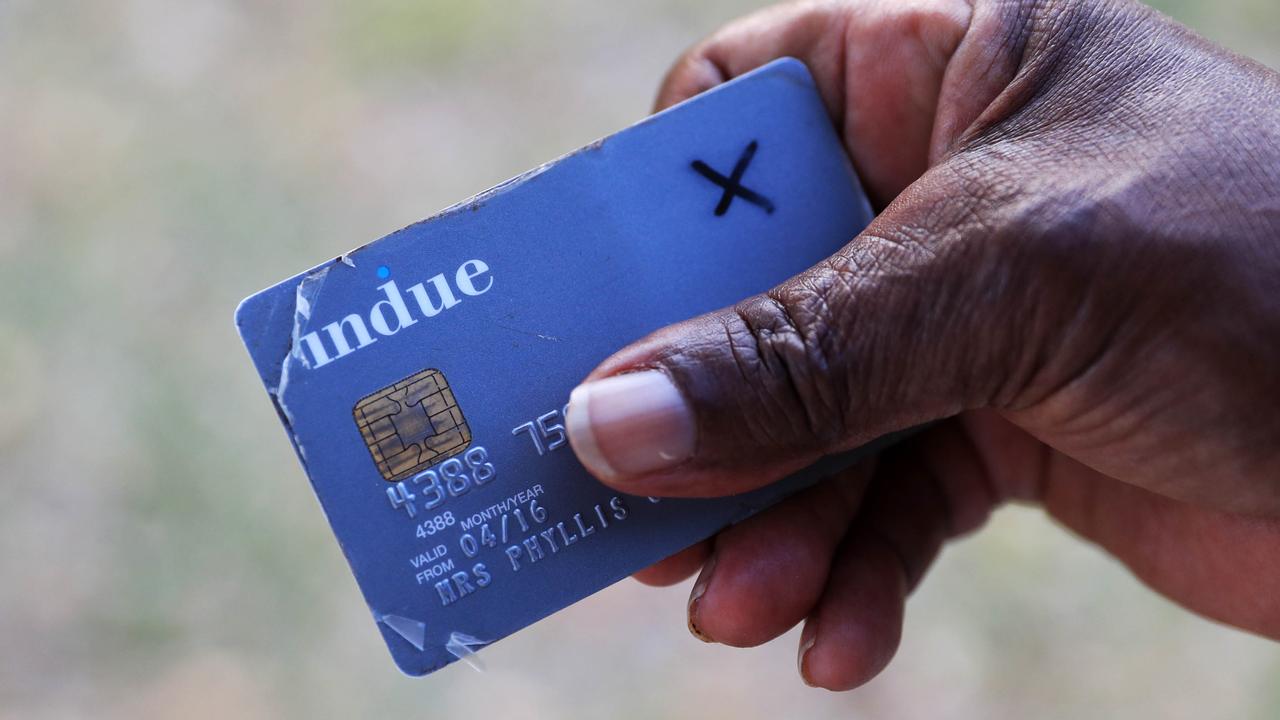Parties unite on race discrimination ban in the Constitution
Liberal and Nationals MPs have backed Labor and the Greens in seeking a ban on racial discrimination in the Constitution.
Liberal and Nationals MPs on a key parliamentary committee have backed Labor and the Greens in supporting a ban on racial discrimination in the Constitution, as part of a package of reforms to recognise indigenous Australians.
But a proposal advocated by Cape York leader Noel Pearson for a new legislative body and a 300-word declaration of recognition outside the Constitution has failed to win endorsement in the committee’s report, to be tabled today.
The report paves the way for a shake-up of the country’s founding document at a national referendum and will be discussed at a summit of political and indigenous leaders next month.
In a sign that the committee may have moderated its ambitions on achieving constitutional change by 2017, it is understood to have dropped a timeframe from its final eight recommendations.
In a surprise recommendation the committee has not previously canvassed, the report will propose an amendment to the Human Rights Act to include the UN Declaration on the Rights of Indigenous Peoples.
The committee — led by indigenous Liberal MP Ken Wyatt and indigenous Labor senator Nova Peris — is understood to back strongly the 2012 recommendations of the expert panel into constitutional change for recognition of indigenous Australians in the country’s founding document, while removing race clauses and allowing laws to be made to benefit Aborigines and Torres Strait Islanders.
In a move likely to attract a backlash from conservatives, the report supports the inclusion of a racial non-discrimination clause, which has been derided as a “one-clause bill of rights”.
The committee is understood not to endorse a single proposal for change, instead advancing that three models be considered at the July 6 summit and then a series of national conventions.
The three options recommended by the panel are: a new section 60A based on a proposal advocated by the University of Adelaide that includes recognition and a racial non-discrimination clause covering states and the commonwealth; a new section 80A that would include a statement of recognition and a power to make laws to the benefit of indigenous Australians; or a proposed new section 51A, which would include a statement of recognition and a prohibition of racial discrimination incorporating the expert panel’s proposed amendment to 116a.
All options include a clause on racial non-discrimination.
The committee did not recommend Mr Pearson’s proposal. Most MPs on the committee believe it did not have broad support.
The committee’s findings come after more than 2½ years of consultation on the best steps to achieving constitutional recognition, building on the work of the independent expert panel on recognition, which began work in 2010.
The other members of the parliamentary committee are Liberals Sarah Henderson and James McGrath, the Nationals’ Bridget McKenzie, Labor’s Stephen Jones and Shayne Neumann, and Greens senator Rachel Siewert.
A progress report released last October recommended that a referendum take place “at or shortly after the next election in 2016”, while Mr Abbott has slated a 2017 referendum to mark the 50th anniversary of the successful 1967 referendum on indigenous rights.
The report will unanimously recommend removing discriminatory race clauses by repealing section 25 and repealing or amending the so-called race power, section 51 (xxvi).
Another recommendation is understood to propose exploring new mechanisms for “constraining” the capacity of the parliament to adversely discriminate on the basis of race in legislation. This would also be put to a referendum.
Last week Mr Abbott said the forthcoming summit would examine “how far we can go (to) properly acknowledge indigenous people in the Constitution and in our national life while at the same time unifying our country, because constitutional recognition of indigenous people needs to be a unifying moment for our country, not a divisive one”.


